An exhibition dedicated to the anniversary of the patriarch of Abkhaz literature, Dmitry Gulia, opened in Sukhum.
Said Bargandzhia
An exhibition dedicated to the 145th anniversary of the founder of Abkhaz literature and the creator of modern Abkhaz writing, Dmitry Gulia, opened in the Central Exhibition Hall of the Union of Artists of the Republic of Abkhazia on Thursday, March 14.
In the framework of the commemorative event organized by the Literary and Memorial Museum of Dmitry Gulia, photographs of the poet of different years, portraits painted by Abkhaz, Russian and Georgian artists, his sculpture performed by Givi Rukhadze, as well as archival materials and manuscripts of the poet were presented.
The museum's director Svetlana Korsaya told the WAC web information portal that the opening of the exhibition coincided with a number of other anniversaries: the 100th anniversary of the first Abkhaz newspaper “Apsny”, the 45th anniversary of the Dmitry Gulia Literary and Memorial Museum and the birthday of prominent Abkhaz writer Georgy Gulia , son of Dmitry Gulia.
“This year it coincided so that we are opening the exhibition dedicated to the 145th anniversary of the birth of Dmitry Gulia on the birthday of his eldest son. Last year, at the same time, a photo exhibition dedicated to the 105th anniversary of Georgy Gulia was held in the same place. This is a mystical coincidence,” she believes.
Svetlana Korsaya noted with regret that because of the impossibility of holding such events within the walls of the Literary-Memorial Museum, they decided to hold an exhibition in the Central Exhibition Hall.
“The museum is in very poor condition. We do small exhibitions in the hall, but this is not enough. We do not have such a hall for holding large-scale exhibitions,” she said.
Elvira Arsalia, Minister of Culture and Preservation of Historical and Cultural Heritage, spoke at the opening of the exhibition. She noted that the museum staff had done a great job collecting various exhibits related to the life and work of Dmitry Gulia.
“The exhibits are of great interest to residents and guests of Abkhazia, especially to the younger generation. It is important to convey the memory of such prominent personalities as Dmitry Gulia. Famous Russian writers, arriving in Abkhazia, first of all, came to the house of Dmitry Gulia,” said Arsalia.
Advisor to the President of the Republic of Abkhazia Vladimir Zantaria also spoke at the event. He noted the invaluable contribution of Dmitri Gulia to the development of Abkhaz literature.
“You can see what rare and unique documents and photos are presented here. It seems to me that we can educate our young people, our schoolchildren by these photos,” said Zantaria.
Advisor to the President also expressed hope that the Literary-Memorial Museum of Dmitry Gulia would be restored next year and, on behalf of the country's leadership, thanked all the exhibition organizers.
“We are very excited about this, because it’s like a sanctuary for us. Thank you to all the museum staff, wonderful people who so carefully and anxiously treat these unique archival materials, and for giving the opportunity to get acquainted with them,” said Zantaria.
The exhibition in the Central Exhibition Hall of the Union of Artists of the Republic of Abkhazia, dedicated to the 145th anniversary of the national poet of Abkhazia Dmitry Gulia, will last 5 days.
The founder of Abkhaz literature, its patriarch, people's poet of Abkhazia, educator, scientist, linguist Dmitry Gulia was born on February 21, 1874 in the village of Uarcha, Gulrypsh district. Dmitry Gulia is the author of many outstanding works and scientific works, including the first Abkhaz book of 1912, “Poems and Chastooshkas”.
He was the organizer of the first dramatic group “Morning Star”, on his initiative the first Abkhaz theater troupe acted in the villages of Abkhazia and he became the editor of the first newspaper in the Abkhaz language “Apsny” in 1919.
In 1967, the Dmitry Gulia State Prize for Literature, Art, and Architecture was established in Abkhazia. The prize is awarded every three years.
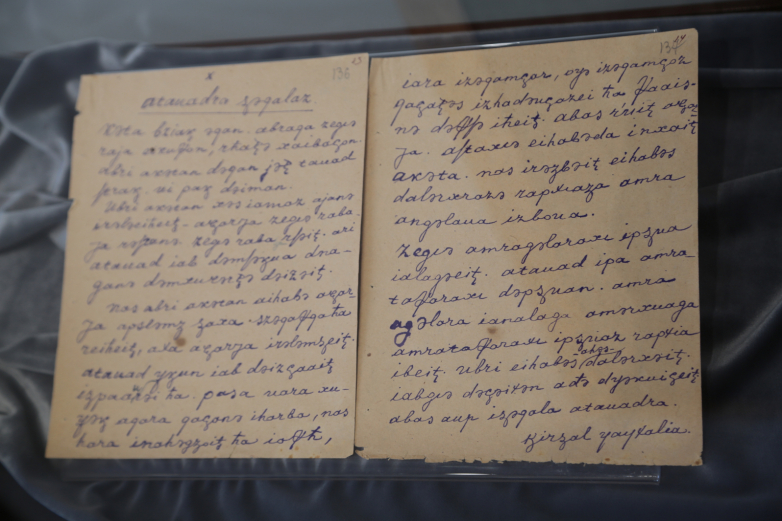
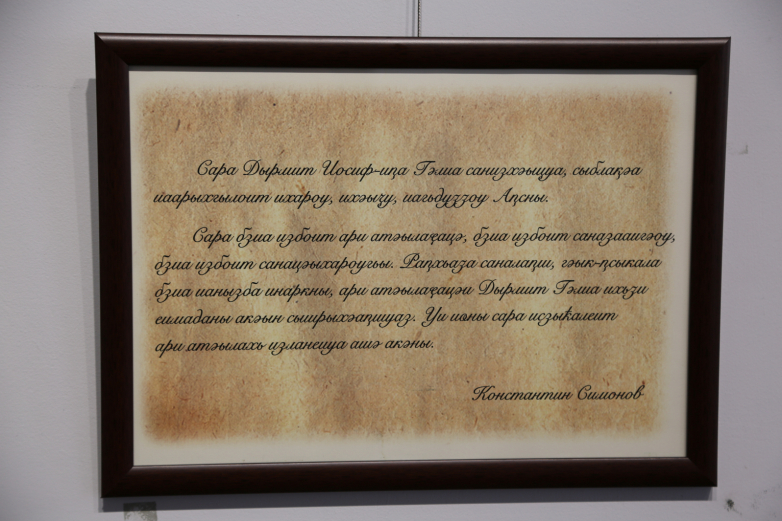
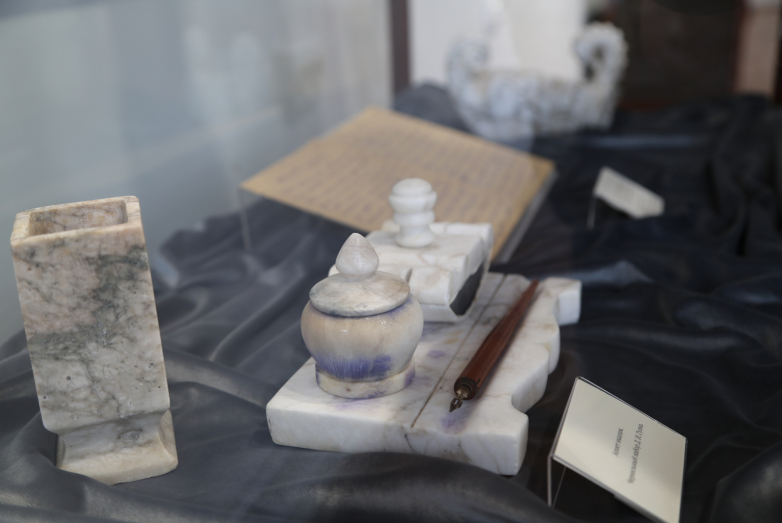
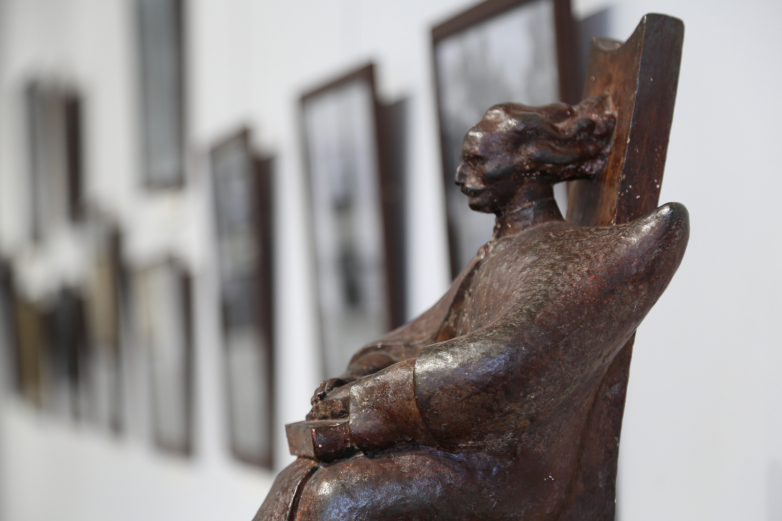
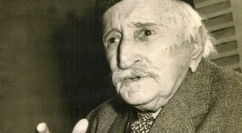
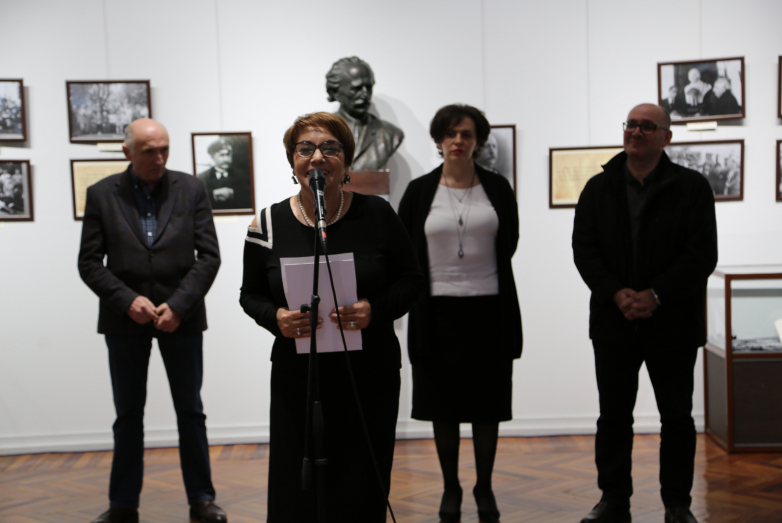
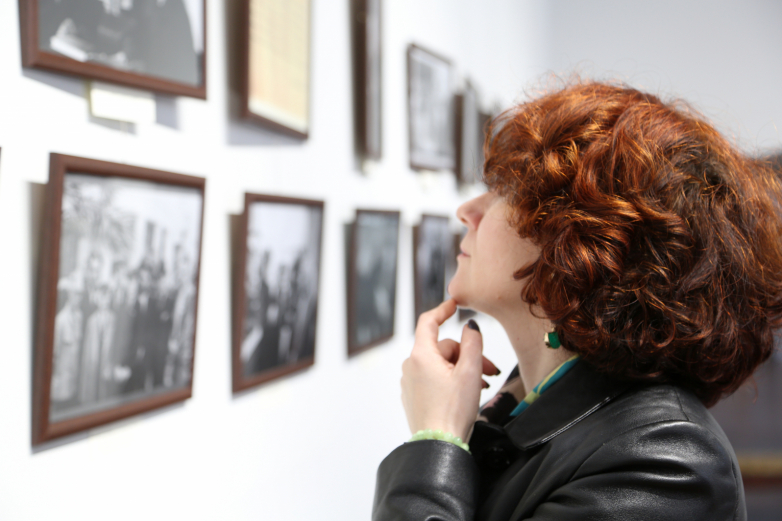
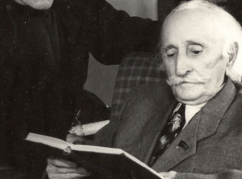
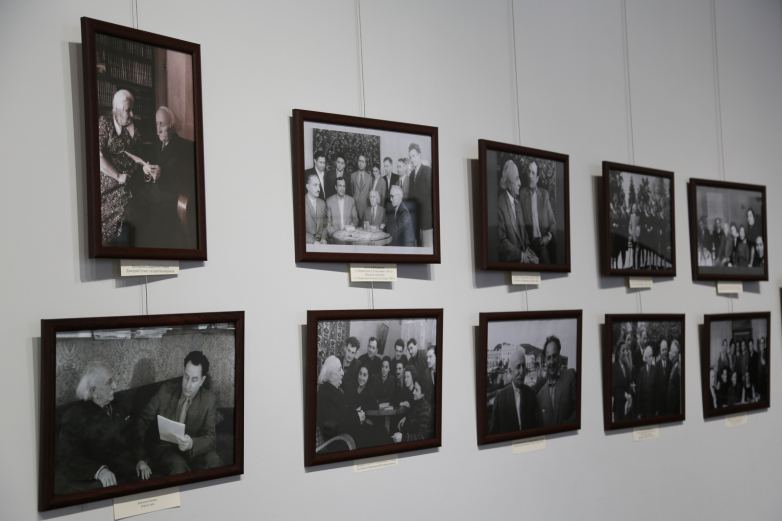
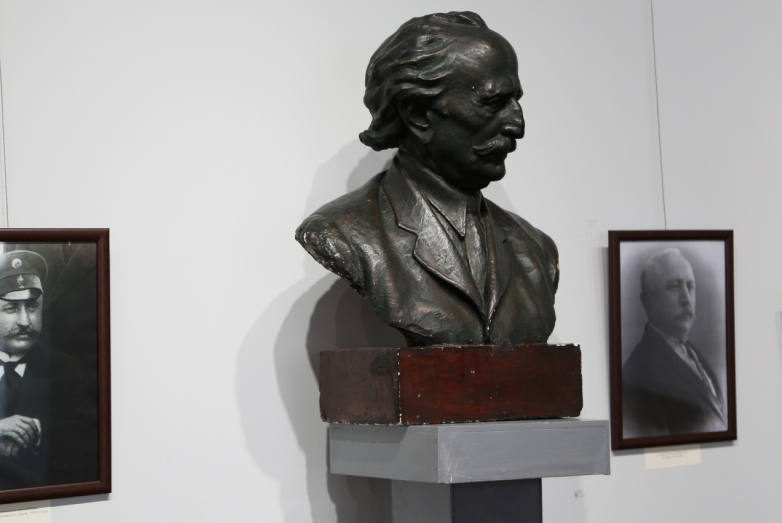
to login or register.